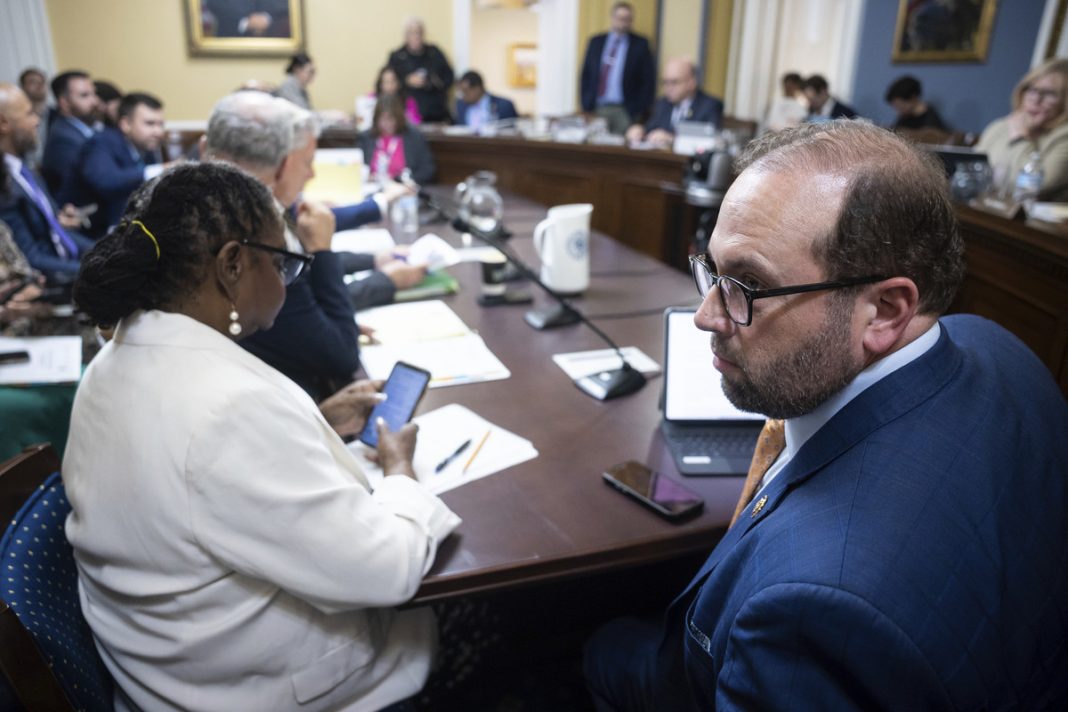Remember those political thrillers where the hero defuses the bomb with mere seconds to spare? For years, that’s felt like the political landscape surrounding the Affordable Care Act, more commonly known as Obamacare. Republicans, driven by a deep ideological opposition, repeatedly pushed the healthcare law to the legislative cliff’s edge. They sought to dismantle it, replace it, or at the very least, severely weaken it. But as the dust settles, a growing whisper suggests that some within the GOP might now be looking back, wondering if pushing the situation to the absolute brink, time and again, was truly the best strategy.
The Relentless Siege and the Eleventh Hour
The story of Republican efforts against Obamacare isn’t one of a single dramatic showdown, but rather a relentless, multi-year siege. From its very inception, the ACA was met with an unwavering vow to repeal and replace it. This wasn’t just campaign rhetoric; it translated into dozens of legislative attempts, budget resolutions designed to starve it, and numerous legal challenges. Each attempt, it seemed, came with a ticking clock, a self-imposed deadline, or a dramatic pronouncement that this time, it would surely fall.
This strategy of brinkmanship created an atmosphere of constant instability around a critical piece of social legislation. Every budget negotiation, every confirmation hearing, every news cycle felt like a high-stakes poker game where the nation’s healthcare was the pot. “It was exhausting to watch, honestly,” remarked Dr. Lena Chen, a healthcare policy analyst. “Every legislative session felt like Groundhog Day, with the same arguments, the same threats, right up until the buzzer.” The consistent pressure, while demonstrating commitment to their base, also arguably prevented a more constructive dialogue about potential improvements or alternative solutions that might have garnered bipartisan support.
The Unintended Consequences of Persistent Opposition
What emerged from this prolonged legislative battle was not the collapse of Obamacare, but its surprising resilience. Each time it was pushed to the edge, the ACA seemed to find new footing, often gaining public support as the consequences of its repeal became clearer. The debates about pre-existing conditions and coverage for millions highlighted what was at stake, making repeal a harder sell to a broader electorate.
The unwavering opposition also created an interesting dynamic: it made the Affordable Care Act the default option. Without a truly unified and viable Republican replacement plan that could pass Congress and survive public scrutiny, simply repealing the ACA meant leaving millions without coverage. This became a significant political liability. The constant focus on tearing down also diverted energy and attention from other policy priorities, arguably consuming valuable political capital that could have been spent elsewhere. For some, the realization that the exhaustive fight ultimately solidified the ACA’s place in the American healthcare landscape might now be tinged with regret, pondering if a different approach earlier on could have yielded different results.
A Reflection on Political Strategy
The saga of Obamacare and Republican opposition offers a compelling case study in political strategy and unintended consequences. While born of sincere ideological conviction, the persistent decision to push the issue to the very edge, rather than seeking compromise or offering fully fleshed-out alternatives, appears to have paradoxically strengthened the very law it sought to destroy. The question now for many isn’t just about healthcare policy, but about the effectiveness of political brinkmanship itself: when does pushing to the limit become self-defeating, and when does it simply entrench the opposition?




